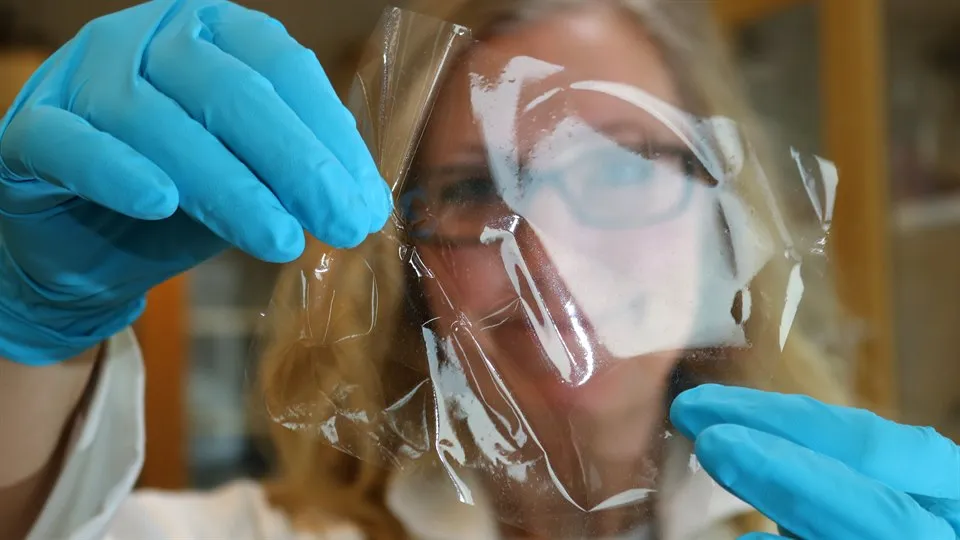ARC21 evaluation of the research environment at FSCN research centre
FSCN's research has been evaluated and we get good reviews from the expert panel for ARC21. They think that FSCN is a globally recognized leader in forest products science and engineering research as evidenced by a large number of high-quality publications in the field.
The expert panel writes that FSCN has emerging globally recognized excellence in cellulose and wood chemistry, highlighted by novel high-quality fundamental and innovative research. At FSCN, we were advised to increase the number of doctoral students, international collaborations and to broaden the funding of the research environment.
The purpose of the evaluation is to provide an overall picture of research and postgraduate education at Mid Sweden University and to receive recommendations for further development. In the first part of the evaluation, the focus has been on the activities at the eight research centers and the research subjects linked to them, as well as the doctoral education subjects. Hans-Erik Nilsson, Dean of the Faculty of Science, Technology and Media, summarizes the expert panels' reports of Demicom, STC, FSCN and STRC as follows:
- The reports give us very useful information with many strong and praiseworthy words regarding quality and impact, but of course also some advice on things we can do better. That is also our focus and we are aiming for development. I want to highlight some of our areas for improvement, he says.
Of course, the reviews differ between the different research centres, but when Hans-Erik draws the main lines, there are similarities.
The expert groups point out, among other things, that the external funding for research needs to be broadened, especially with regard to international funding. They also suggest that the number of doctoral students should be increased, and that the university must strengthen career planning to increase mobility among doctoral students.
- They view the quality and number of guest professors very positively, but at the same time they think that we can highlight them more. In a general perspective, the evaluation gives us help to put our finger on problem images that can be difficult to discuss if they do not come from external assessors, says Hans-Erik.
The next step is now to discuss the reports and the expert groups' recommendations in each committee and then develop action plans and activities.
Increase the number of doctoral students, international collaborations and diversify the funding of research at FSCN
Regarding the evaluation of FSCN's research and postgraduate education, we can see that the ARC21 panel recommends that FSCN should increase the number of doctoral students on campus and provide better support for doctoral students. Doctoral students contribute to creating a vibrant and high-quality academic environment, bring in new ideas and form a strong alumni and partner base after graduation.
- The ARC panel also recommends that FSCN researchers should be more involved in the strategic planning process. In addition, the expert group proposes that we should bring together small research groups to make the environment less vulnerable, reduce boundaries and improve the academic environment for doctoral students, says Kaarlo Niskanen, research leader at the FSCN research centre.
- Furthermore, the panel proposes that FSCN recruits more researchers at associate professor level to increase breadth and diversity, and that a plan is drawn up to get away from the skewed gender distribution at professor level, says Kaarlo Niskanen. So far there is no female professor at FSCN.
Stronger international collaborations, more diversified external funding from, for example, VR, Formas and Horizon 2020, as well as further investments in career development are important future areas for FSCN, which the panel also calls for.
With regard to infrastructure such as labs and equipment, the panel recommends that FSCN develop test environments for paper and pulp. These are important in all research on bio-based materials from the forest.
